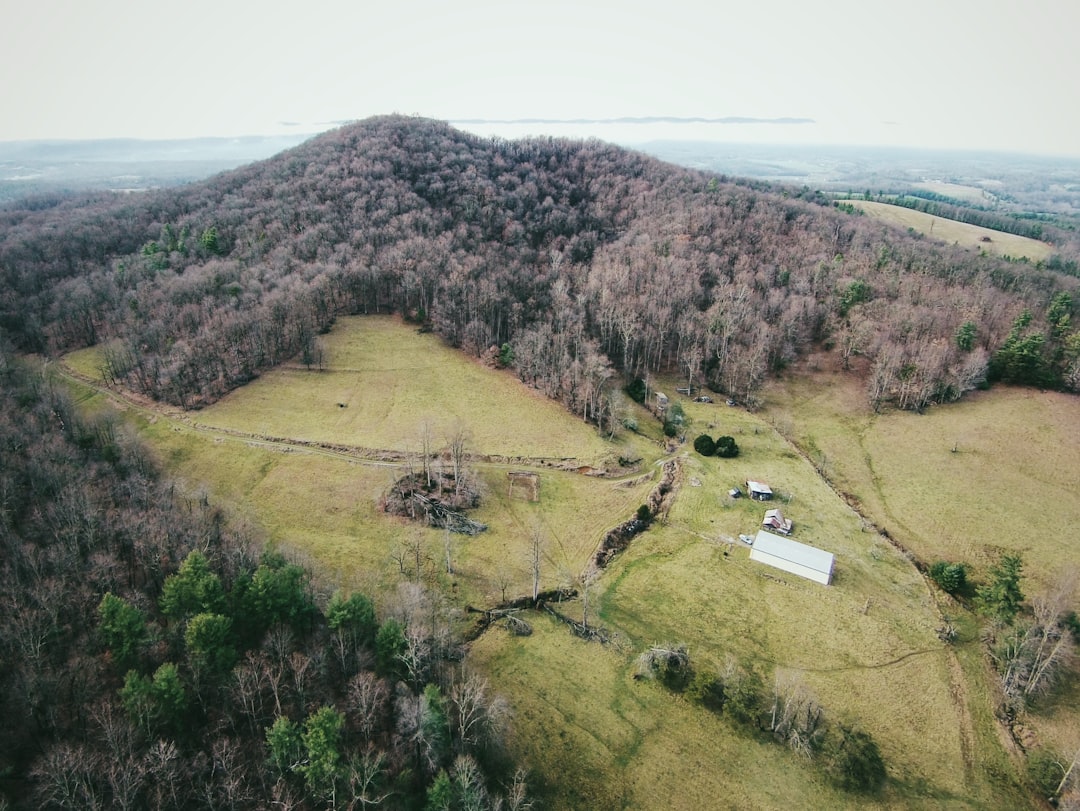What is it about?
Aqua-Nomics is a portmanteau word that merges the concepts of water [ak.a., water] management and economics, highlighting their interconnectedness. In this paper, we explore the application of Aqua-Nomics to optimize crop patterns in the context of climate change. Our primary goals are to minimize water usage, maximize crop revenue, and ensure food and regional water security. To achieve these objectives, we have developed a multipurpose optimization algorithm (MOA) that considers various constraints. By utilizing the MOA, we have generated 12 Pareto fronts representing different time horizons (2030, 2050, 2070, and 2090) under representative concentration pathways (RCPs) 2.6, 4.5, and 8.5, each associated with specific land use conditions. The results of our study indicate the need for increased crop production due to population growth. However, climate projections for the study region in eastern Iran suggest unfavorable conditions for supporting this incremental production. Nonetheless, by considering food-safety constraints, we have identified that it is possible to achieve 89%, 73%, and 48% of optimal crop production for the 20-year periods centered on 2050, 2070, and 2090, respectively. Furthermore, our findings demonstrate that implementing the optimized cropping patterns would lead to increased revenue, reduced water usage, and improved environmental sustainability in the study area. The Aqua-Nomics approach offers a promising solution to balance agricultural productivity, water resource management, and long-term food and water security in the face of climate change. In conclusion, this paper provides valuable insights into the concept of Aqua-Nomics, showcasing its potential for addressing the complexities of crop planning, water management, and economic considerations in the context of climate change.
Featured Image

Photo by Raymond Hui on Unsplash
Why is it important?
Our research is of paramount importance as it tackles the urgent issues posed by climate change and the imperative need for food and water security. By integrating the concept of virtual water into Aqua-Nomics, our study takes a comprehensive and innovative approach to address these challenges. One crucial aspect we addressed is the efficient utilization of water resources. With water scarcity becoming increasingly prevalent, optimizing crop patterns becomes essential to conserve this precious resource. By considering virtual water content, we can identify crop combinations that minimize water usage while maximizing agricultural productivity. This approach ensures the sustainable use of water in crop production, aligning with the goal of water resource conservation under changing climatic conditions. In addition, our research focuses on maximizing crop revenue. As the global population continues to grow, the demand for food escalates. Incorporating virtual water in Aqua-Nomics allows us to optimize crop patterns that not only enhance water efficiency but also maximize crop yields. By aligning economic considerations with virtual water content, we can foster agricultural practices that contribute to both economic growth and sustainable water use. Moreover, our study emphasizes the significance of virtual water in ensuring food security. By accounting for virtual water in crop planning, we consider the water footprint associated with food production and distribution. This enables us to optimize crop patterns that enhance food security by ensuring efficient water allocation throughout the agricultural supply chain. By managing virtual water effectively, we can minimize the risk of food shortages and promote a reliable and sustainable food supply. Furthermore, our findings underscore the importance of virtual water in achieving environmental sustainability. Through Aqua-Nomics, we demonstrate that optimized cropping patterns not only reduce water usage but also contribute to mitigating the environmental impact of agriculture. By incorporating virtual water, we can promote sustainable practices that protect ecosystems, reduce water-related environmental stress, and support long-term ecological balance. In conclusion, our research holds immense significance as it addresses the intertwined challenges of water scarcity, food security, economic prosperity, and environmental sustainability. By integrating the concept of virtual water into Aqua-Nomics, we offer a comprehensive framework that optimizes water usage, enhances crop revenue, ensures food security, and promotes sustainable agricultural practices. This approach empowers decision-makers, policymakers, and farmers to make informed choices and pave the way toward a secure, resilient, and water-efficient future.
Perspectives
Doing research is such a rewarding experience, especially when you're part of a group that genuinely values patience and collaboration. And let me tell you, that's exactly what we had in this case! Personally, I had an absolute blast and learned so much throughout this project.
Babak Zolghadr-Asli
University of Exeter
Read the Original
This page is a summary of: Cropping patterns based on virtual water content considering water and food security under climate change conditions, Natural Hazards, July 2022, Springer Science + Business Media,
DOI: 10.1007/s11069-022-05443-3.
You can read the full text:
Contributors
The following have contributed to this page










